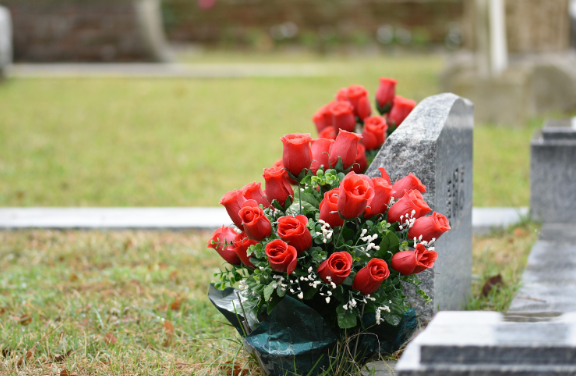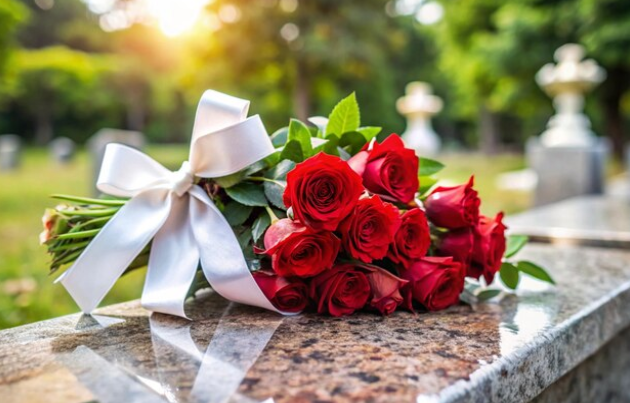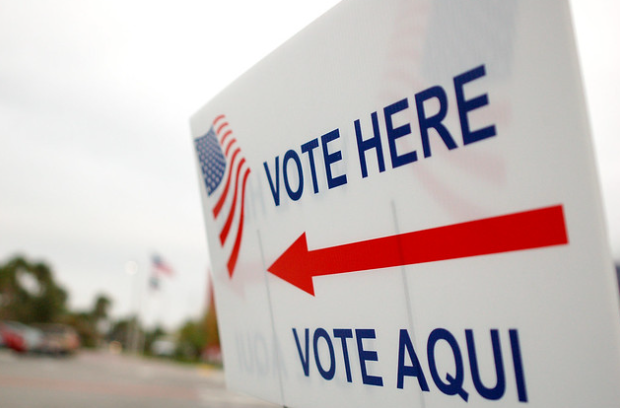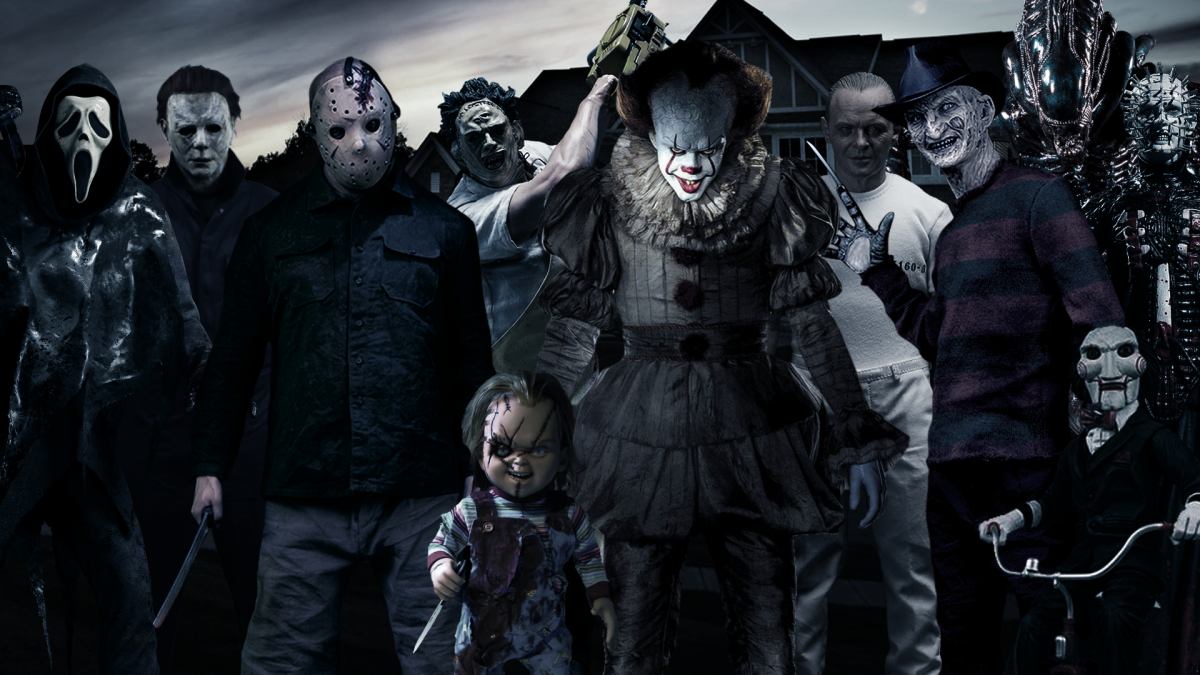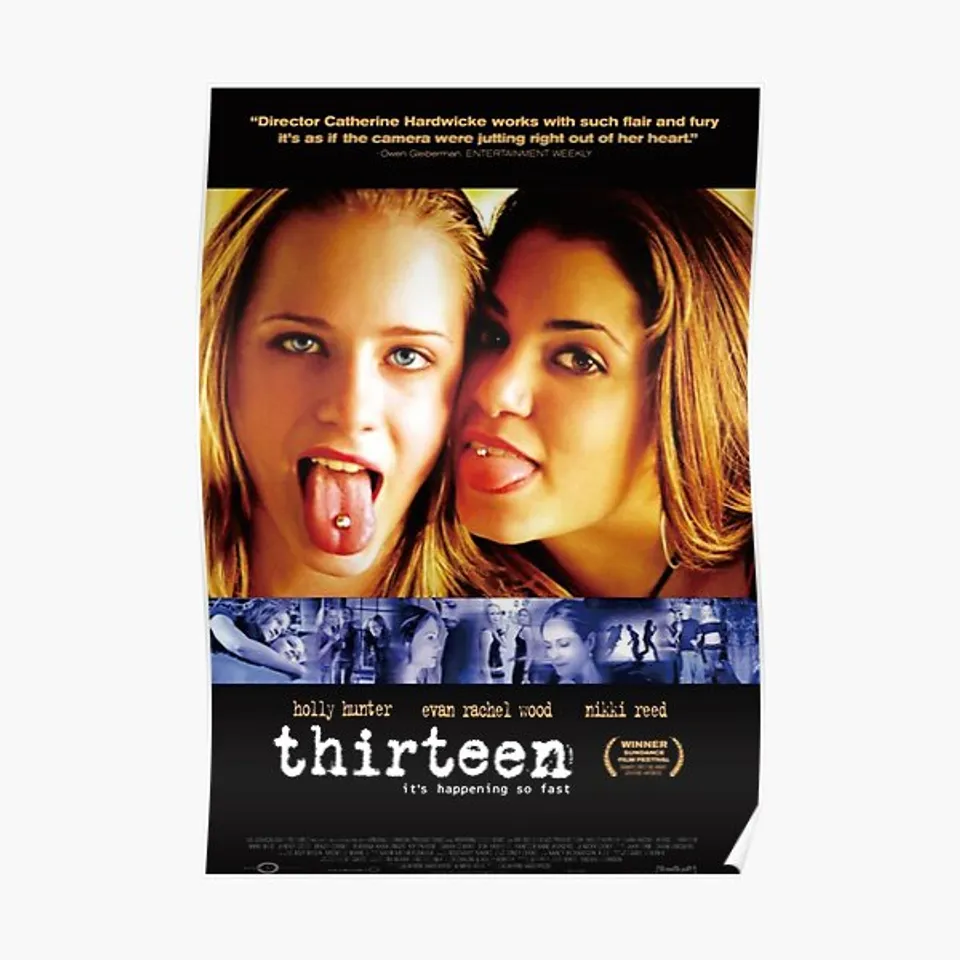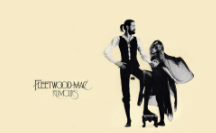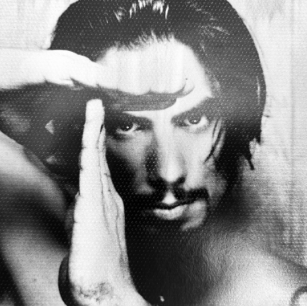The phrase “The Day the Music Died” has been used for over 50 years to describe the tragic plane crash that killed musicians Buddy Holly, Ritchie Valens, and J.P. “The Big Bopper” Richardson, and forever changed rock and roll history. The death of these three rising rock and roll stars, and their 21-year-old pilot Roger Peterson, occurred on February 3, 1959, when the plane crashed five miles away from Mason City Municipal Airport into an Iowa cornfield, killing all on the plane. Not only did this tragic crash take all their lives, but it also took the life of the music scene of the late 1950s.
Buddy Holly, who was 22 years old at the time of his death, was one of the most impactful singer-songwriters in music history. His unique voice and songwriting ability set Holly apart from any other singer in his time. He is known for his most famous songs “Peggy Sue” and “That’ll Be the Day” which have gone on to influence artists like Bob Dylan and The Beatles. Seventeen-year-old Ritchie Valens was the first ever Latino-American rock star and founder of the Chicano rock movement. Valens was known for his moving lyrics that connected with fans all over the world. His most famous song “La Bamba” made history as the first Spanish-language song on the Billboard Hot 100. After his death, he became the first Latino rock star to be on the Hollywood Walk of Fame. J.P Richardson, better known as “The Big Bopper” was a charismatic figure in the music industry. He was an American musician and disc jockey best known for his “Chantilly Lace,” which reached Number 6 on the charts just a year before his death.
This fatal crash took place after all three artists played a show at the Surf Ballroom in Clear Lake, Iowa. They had been on the “Winter Ball Tour” which they referred to as “the tour from hell” due to the hundreds of miles they had to fly every day and move their equipment in Temperatures as low as -35 degrees. The group were all scheduled to play another show in North Dakota the following day. They were originally supposed to take a bus back but due to mechanical issues, they weren’t able to. To avoid the cold, Holly chartered a Beechcraft Bonanza plane so they could get some rest before the next concert instead of waiting with the bus.
Holly had originally planned to take his two band members, Tommy Allsup and Waylon Jennings on the three-seat flight. However, it is believed that Allsup had to give his seat away due to a coin toss challenge by singer Valens, who would end up winning the domed seat on the plane. Jennings would also give his seat to Richardson who had come down with the flu and wanted to see a doctor. Allegedly, after Jennings gave up his spot on the warm plane, Holly said “Well, I hope your ol’ bus freezes up.” Jennings responded with an uncanny and eerie response that supposedly haunted him until he died in 2002; “Well, I hope your ol’ plane crashes.” says Peoples Magazine. The plane took off at 12:55 am and crashed into a cornfield only minutes after take-off. The crash is said to be due to weather conditions and that pilot Roger Peterson had yet to be trained to fly in poor weather conditions.
The news of the crash sent shockwaves through the whole music industry and nation. Holly’s pregnant wife, Maria Elena, heard of the news from a news report on TV. The trauma of learning of her husband’s death in such an ill-chosen way caused her severe psychological stress, and she later miscarried her and Holly’s child. This tragic incident caused a policy change in the media forbidding victims’ names to come out until families had first been notified. The Winter Ball tour went on for two more weeks and the death of those in the plane weighed heavy on all, especially Tommy Allsup and Waylon Jennings.
In the years to come the phrase, “the day the music died,” became a symbolic expression of the loss of innocence in rock and roll and the darkness that came and haunted the next decade. Don McLean, who was only 13 at the time of the crash, famously used the phrase in his 1971 groundbreaking hit “American Pie”. His iconic song showed the shifts in American culture and the end of a cultural era. Not only did the song cover his emotional expressions with the fatal deaths and the actual events that took place but also the collateral grief a whole generation shared through this devastating time. Holly, Valens, and Richardson’s music and lives are still impacting music writing, producing, and performing to this day.
The tragic plane crash of 1959 will forever serve as a reminder of the indescribable impact music can have. Buddy Holly, Ritchie Valens, and J.P. “The Big Bopper” Richardson may have passed away, but their music is still living on. These three singers’ lives and careers changed the world of rock and roll and will continue to inspire artists for generations to come. The legacy of their music living on makes it known that music never truly dies.

